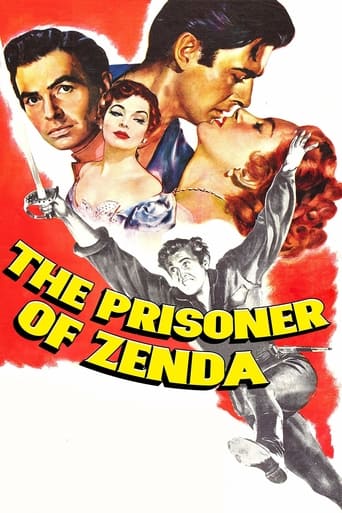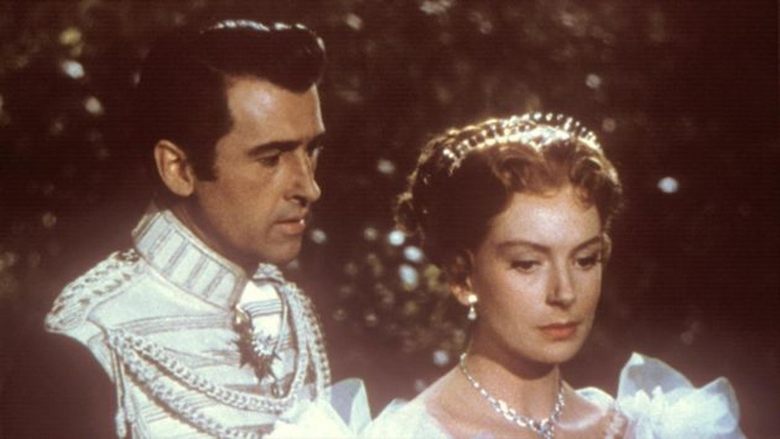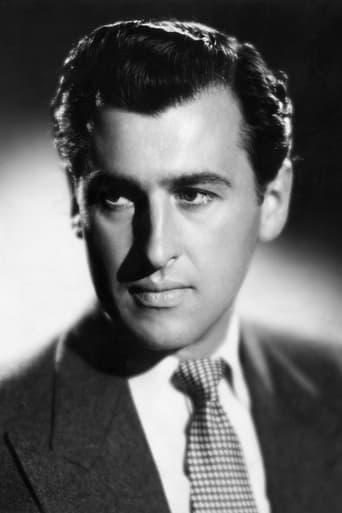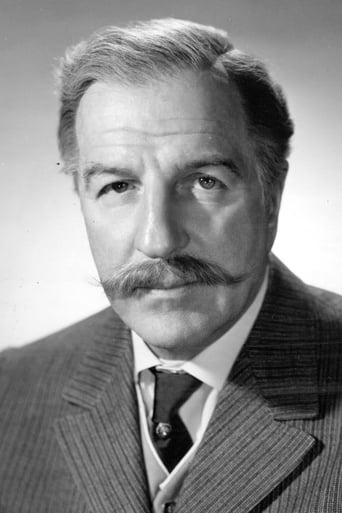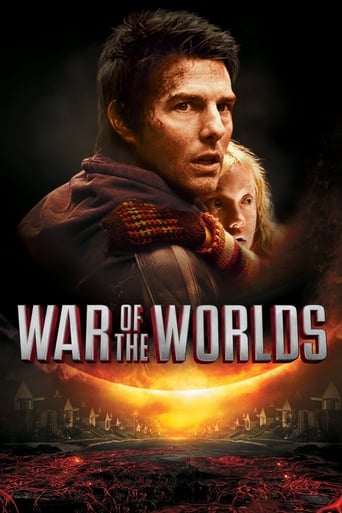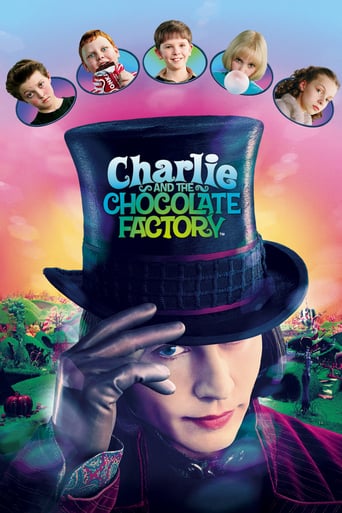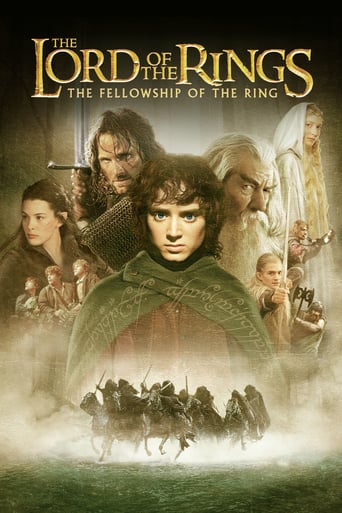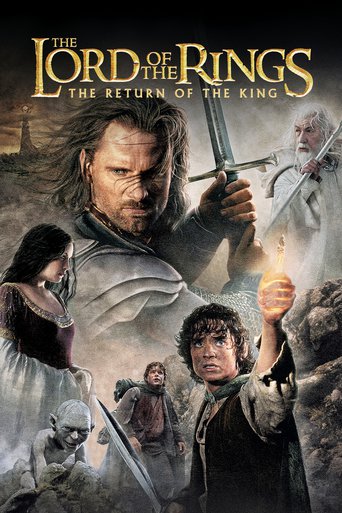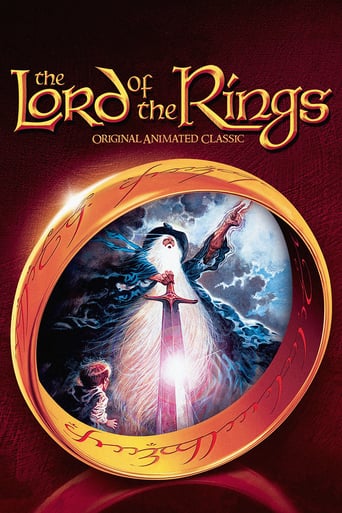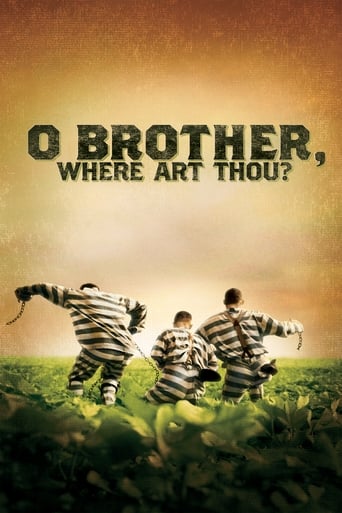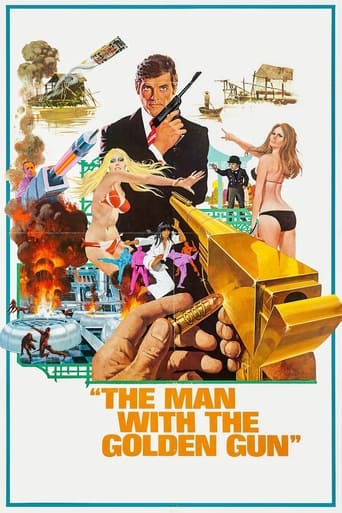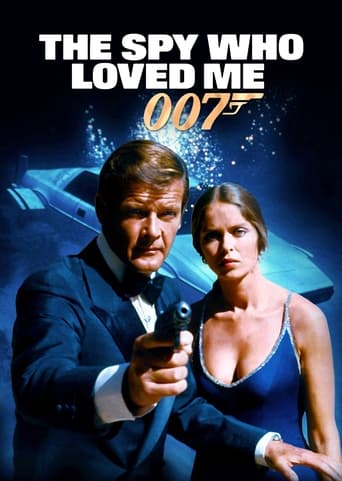The Prisoner of Zenda (1952)
An Englishman vacationing in Ruritania is recruited to impersonate his cousin, the soon-to-be-crowned king after the monarch is drugged and kidnapped.
Watch Trailer
Free Trial Channels
Cast


Similar titles
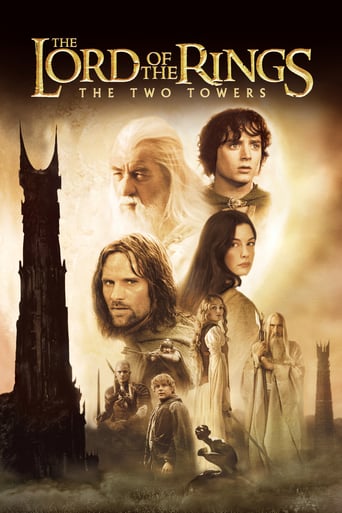
Reviews
Surprisingly incoherent and boring
Pretty Good
Please don't spend money on this.
The movie's neither hopeful in contrived ways, nor hopeless in different contrived ways. Somehow it manages to be wonderful
The concept of turning to a proved success rather than come up with an Original Screenplay is something that seems to beset only producers of today whereas this film is proof that it has been going on for more than half a century. They may have opted to film the 1937 version shot for shot but, alas, they couldn't replicate the original cast and had to settle for acting joke Stewart Granger, insipid Deborah Kerr and rely on James Mason to supply the only decent acting amongst the principals, plus strong support from Louis Cahern and Robert Coote. The story itself retains all its Boy's own Paper razzamatazz and it's one of the few properties which does not suffer by the addition of colour. Once you get past the wooden Granger and the passionless Kerr you can bask in the charisma of Mason and beguile the time pleasantly.
"The prisoner of Zenda" (1952) is a wonderful swashbuckler ,a movie the whole family can enjoy! I've already seen it three or four times and I've never got tired of it.Stewart Granger is absolutely perfect as the hero,playing two parts with gusto:I love the crowning where he manages to be as majestic as a king and yet shows he is not completely at ease ;his waltz with Deborah Kerr is also a great moment.James Mason vies with Robert Douglas in wickedness ,greed and Machiavelism.Deborah Kerr is gorgeous as Princess Flavia.This kind of story belongs to an imaginary remote past -although it is supposed to happen in 1897-like the fairy tales.That's why "the prisoner" is so magical.
The Stewart Granger - Deborah Kerr movie version of Anthony Hope's THE PRISONER OF ZENDA is an entertaining film, but it comes off second best to it's 1937 predecessor with Ronald Colman and Madeleine Carroll. The fact that the film was in Technicolor (Colman's was in black and white) is odd but possibly part of the reason for the slightly lesser result. All of the performers in the 1952 version did very good work that was comparable to the work that the previous cast did. Yet the later film is not quite as good.According to the Turner Classic Movie's Stewart Granger was at a dinner at Ronald Colman's house where they ran the 1937 film as entertainment. Granger liked the film and convinced MGM to do a remake. The film was like a scene by scene remake - with a small screen set up showing the original film for the cast to review when they did their scenes. The only changes was the production crew, the cast and the color film stock.Granger comes off as good as Rudolf Rassendyl and King Rudolf V, but he is a trifle self conscious. When Colman played the part he had a great lightness of touch that helped color his performance (particularly when dealing with both Douglas Fairbanks Jr. as Rupert of Hentzau and Raymond Massey as Black Michael). Granger tries to copy this but it seems a little forced. It's odd because he had an advantage over Colman regarding the cast - Rupert in the 1952 film was played by James Mason, who had already appeared in two films (as deadly adversary) to Granger (THE MAN IN GRAY and FANNY BY GASLIGHT). Colman never appeared opposite Fairbanks in any previous movie to their version of THE PRISONER. As a result there is a screen chemistry between Granger and Mason, but it doesn't translate to a better pair of performances. Some critics point out that Mason seems to old for Rupert, but except for being called "Young Hentzau" by Colonel Sapt (Louis Calhern) there is nothing to suggest he is in his early 20s. However, Fairbanks was leaner in appearance than Mason, so that his youthful qualities did shine through while Mason's just did not do so.The part of Michael is handled by Robert Douglas as though he is just jealous of his half-brother's luck of birth. Yet he is shown with one thing that Raymond Massey's performance did not have - Massey was not crippled. Douglas constantly walks with a cane, which suggests a physical weakness that is a mirror to his emotional one. But it's too little, and it is never really developed.Deborah Kerr's Flavia is appealing (any performance of Kerr's is appealing) but Madeleine Carroll was able to get the jolt of that sense of duty that prevents Rassendyl and Flavia from leaving at the end - Kerr seems to be just repeating her lines by rote in their last scene. Mary Astor and Jane Greer both were equally affective as Michael's mistress, as were C. Aubrey Smith and Louis Calhern as Sapt (Calhern was able to give a devilish twist to the Colonel at one point when commenting on a hidden passage in the royal palace at Streslau which was useful for protecting royal reputations). David Niven and Robert Coote were Fritz von Tarkeheim in the two versions, and both played the role effectively but not remarkably.The color was useful in the 1952 film in making the sets more evocative of that period from 1890 to 1897 (Victoria's upcoming Jubilee is mentioned at one point). But it only goes so far - it just reminds us that the characters are in a realistic setting. But the story is such romantic fluff that the realism seems unimportant. In short the 1952 film is really good, but the earlier one is nearly perfect in comparison. I still would stick to Colman's version than Granger's. As for the 1979 Peter Seller's spoof, or the 1975 Malcolm MacDowell "George Macdonald Fraser's" ROYAL FLASH, or the 1965 partial spoof in the Blake Edwards' THE GREAT RACE, they are in a special class as they are not serious remakes but done for laughs mostly.
On the face of it, "The Prisoner of Zenda" has everything a swashbuckler could require to make it a glorious success: a star-studded cast with previous form, Technicolour pageantry, MGM production values, an Alfred Newman score, a classic story of self-sacrificing heroism... not to mention a setting that's not only generically but genuinely Ruritanian! But on viewing it again after a lapse of some years, I find that it still doesn't work for me; and there doesn't seem to be any obvious reason why.There were in fact *two* films released in 1952 starring Stewart Granger in sword-fighting heroics: one of them -- enchanting, bittersweet, dancing of wit and of blade, and featuring what was to become one of the most famous fight sequences in screen history -- was, of course, "Scaramouche". The other was "The Prisoner of Zenda"... and somehow, in every aspect that melded together to produce the classic that was its counterpart, it never quite catches up. Swashbucklers should spring lightly; this one has gloss, but a certain stilted air.Stewart Granger differentiates his dual roles admirably, to the extent that I caught myself becoming sceptical as to the actual resemblance between the two supposed doubles! His final duel is as athletic as any in his screen career, although the plot demands dogged defence rather than flashing brilliance; indeed, the outcome is refreshingly unconventional. However, I didn't find Rudolf Rassendyll to be one of his more memorable characters.It was James Mason, sporting an incongruous Prussian bullet-head haircut, who was the real disappointment for me. No stranger to charismatic villainy in the likes of "The Man in Grey", "Fanny by Gaslight" or "The Wicked Lady", he is here oddly lacking in Rupert of Hentzau's essential perverse charm, in what should have been a scene-stealing part. The other male characters are little more than one-dimensional down to Duke Michael's villainous limp, although Louis Calhern makes an upright Colonel Zapt.The women fare better. Deborah Kerr is sweet, fiery and entirely convincing as Princess Flavia, next in line to the throne, and Jane Greer is more than equal to the pivotal role of Antoinette de Mauban, whose complex motives prove the key to the whole plot.Ultimately, I found this a decent film, but not as outstanding as it should have been, given its constituent parts. It isn't the best work of any of the actors involved. I am reminded of Zoltan Korda's re-make of his own "Four Feathers" as the widescreen "Storm of the Nile": the story (and indeed in that case the script) is the same, but the spark is missing.Given the parallels, I must admit that I'm now very curious as to how the 1937 "Prisoner of Zenda" -- which I've never seen -- stands up in comparison! This one is a plush literary adaptation, but lacks the rollicking rapier-edge of laughter and daring that characterise the great classics of its genre.

